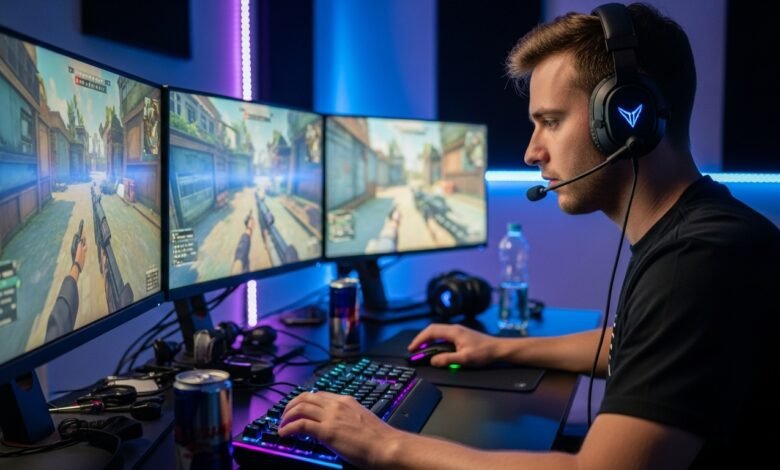
Video games have long been viewed as a source of entertainment, but their impact stretches far beyond casual fun. Modern titles are designed with layers of complexity that engage players in ways that build real-world skills—often without them even realizing it.
One of the most notable benefits is problem-solving. Games frequently present players with puzzles, strategic choices, or challenging scenarios that require quick thinking. Over time, these mechanics help sharpen critical thinking and adaptability, skills that are valuable in education and professional life alike.
Another area where gaming has a surprising influence is teamwork. Multiplayer experiences encourage collaboration, coordination, and communication with people from across the globe. Whether it’s organizing strategies in a cooperative mission or managing resources in a shared environment, players learn the importance of working together toward a common goal.
The gaming landscape has also embraced fast updates and interactive platforms. Communities thrive on consistent releases, secure access, and systems designed to provide seamless user experiences. Platforms such as pragmatic11 illustrate how the industry adapts to create environments where players can engage with content in fresh and dynamic ways.
Beyond skills and community, video games also play a cultural role. They often reflect societal trends, incorporate historical themes, or introduce futuristic visions that spark curiosity. In this sense, gaming is not just a pastime—it’s a medium of storytelling and cultural exchange.
As technology evolves with advancements like cloud-based play and virtual reality, the influence of games is set to expand even further. The boundaries between digital and real-life applications continue to blur, showing that video games have become more than entertainment—they are a tool for growth, learning, and connection.





